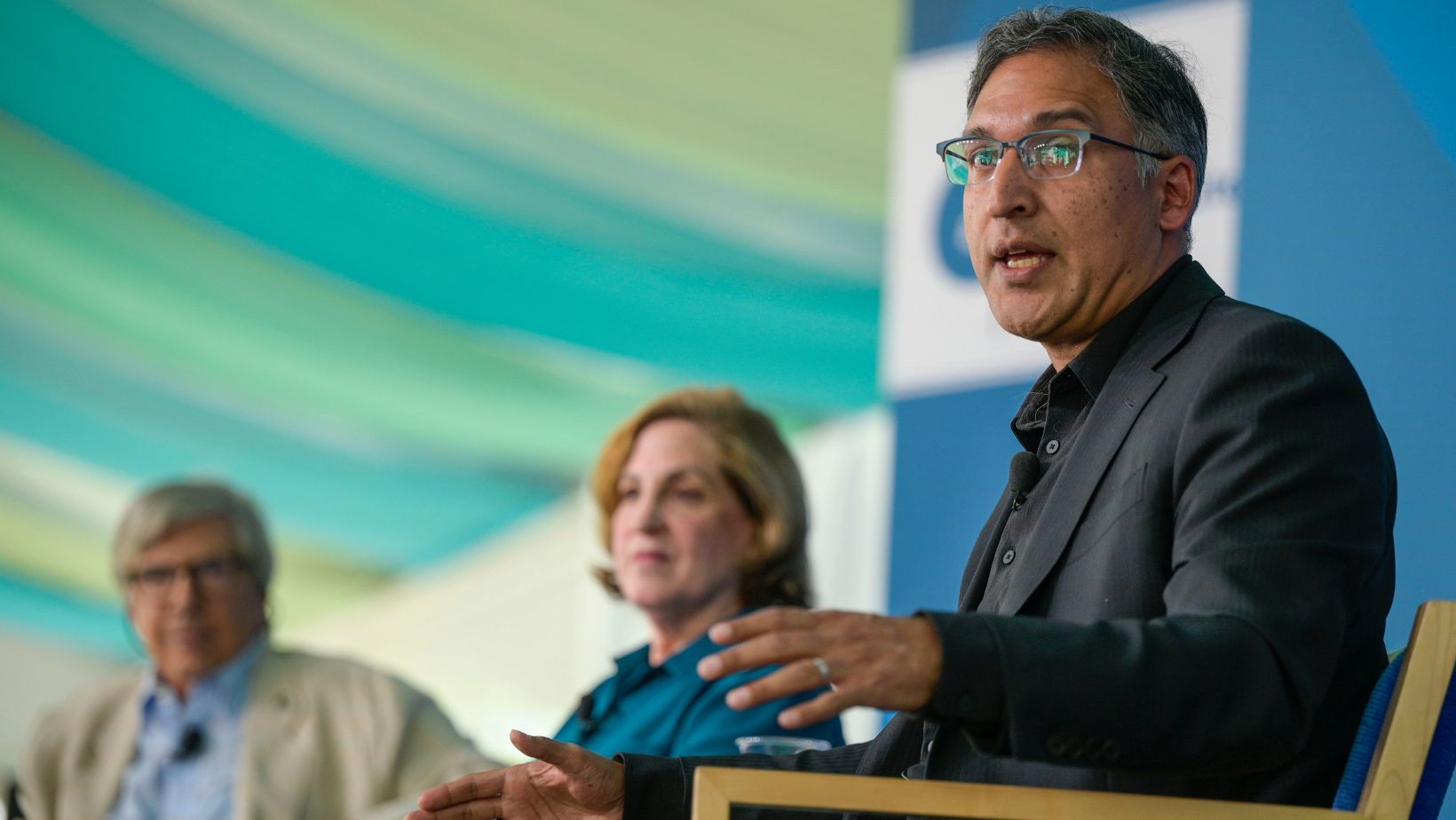David Litt is head writer and producer in the Washington, DC, office of “Funny or Die” and a former White House speechwriter, from 2011 to early 2016. He spoke at the 2016 Aspen Ideas Festival on June 30th on a panel called “Laugh to Keep From Crying: Comedy Writers on Making Politics Funny.”
We caught up with Litt and asked him to share his journey from comedian to White House speechwriter, and connecting humor and public policy.
Working as a speechwriter for the president isn’t a typical career path for most aspiring comedians. Can you share a bit about your background and how you got to the White House?
David Litt: I wish I could say I was following some brilliant plan! In college, I was in an improv group and edited a humor magazine. Then, in the beginning of 2008, I became one of those students who was absolutely obsessed with Barack Obama’s campaign. I graduated that summer, drove to Ohio, and moved to Washington a few days before the Inauguration.
As for speechwriting, I kind of fell into it. A friend helped me land an internship at a firm called West Wing Writers, which turned into a job. In 2011, I was about to move to Chicago to work on the re-election campaign when Jon Favreau (Obama’s then-chief speechwriter) asked if I would be interested in staying in DC and taking a junior-level White House speechwriting job instead. As you can imagine, I did not have to think very hard about whether to say yes.
A few years, ago, you said in a New York Times piece that “there was no evidence that being funny could help a policy be taken seriously.” What do you think has changed in the last few years of presidential comedy?
DL: The battle for attention has grown more competitive than ever. It used to be that you had to regain an audience’s interest every 30 minutes. Now, unless they’re in the room with you, you have to reengage them every few seconds. If people are laughing at something, they are much more likely to keep watching — and that matters more than ever.
You’re currently working on a book about your experience in the White House,“That Hopey Changey Thing.” What will be the focus?
I’m hoping that this will be the first funny, self-deprecating White House memoir. I’m basically writing about all the times I embarrassed myself in front of the president of the United States. But I also want to let people know what it’s like to spend your twenties in public service. My generation came of age under President Obama, and that’s an experience I’m hoping to share.
Do you have a favorite joke you wrote for the president that he was unable to deliver?
Yes — but for the same reason the president was unable to deliver it, I’m not able to print it here!
The opinions expressed in this piece are those of the author and may not necessarily represent the view of the Aspen Institute.

